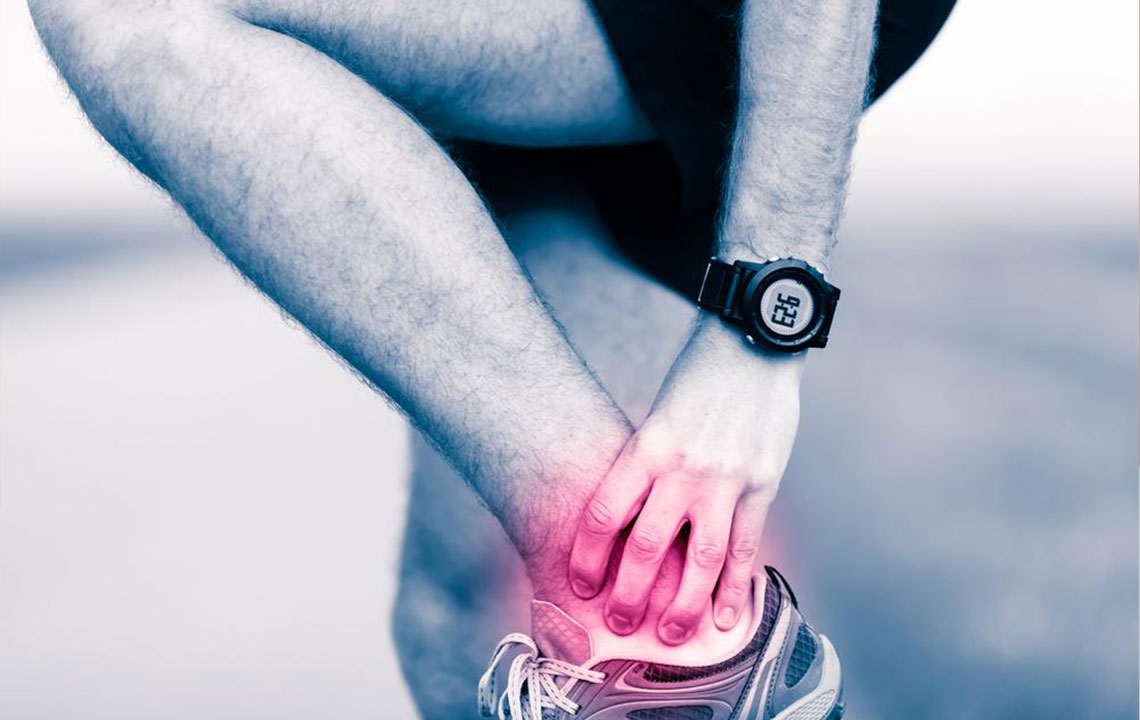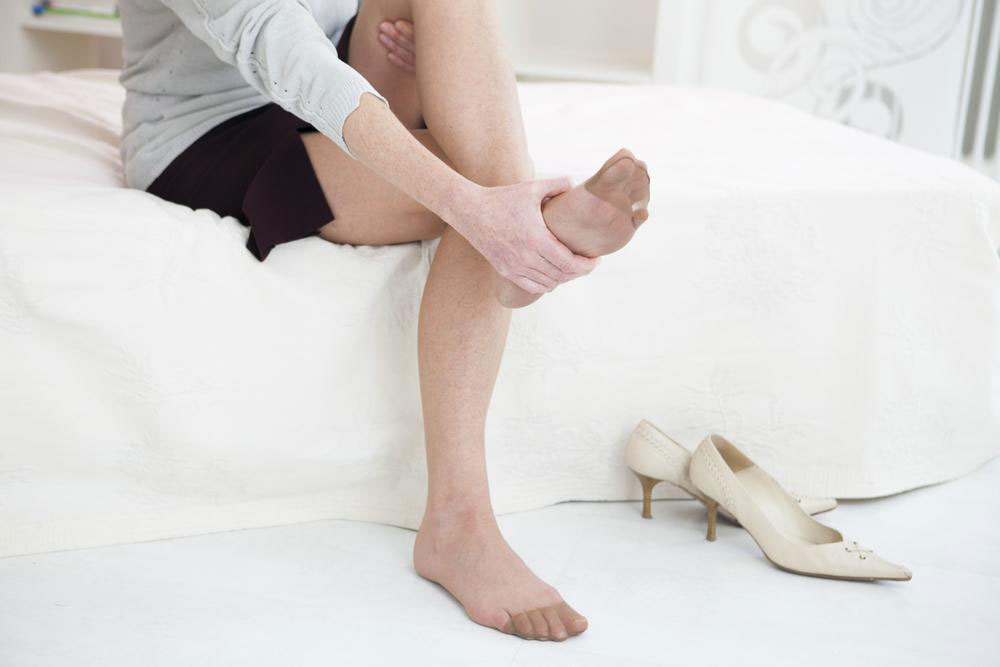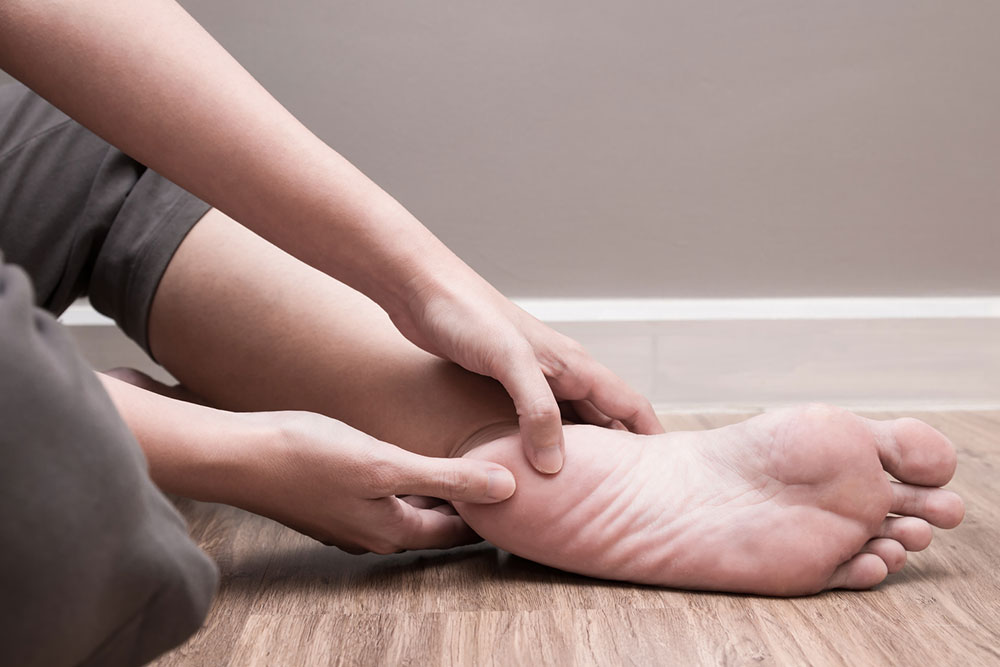Common Causes of Foot Discomfort and Pain
This article explores common causes of foot pain, including spinal issues, tendinitis, arthritis, and improper footwear. It provides insights into symptoms and treatment options, emphasizing the importance of medical consultation and home remedies for relief. Learn how to identify potential causes and manage foot discomfort effectively to maintain mobility and quality of life.

Foot discomfort isn't always directly due to issues within the feet themselves; spinal problems in the lower back can also manifest as foot pain. To understand these symptoms, it’s essential to know the anatomy and function of the lower body. Additionally, improper footwear choices are a frequent culprit behind foot pain. Let’s explore some of the primary causes:
Lower Back Stenosis
Affects nerve pathways in the lower spine. Nerve compression can cause tingling, weakness, numbness, and foot pain. Treatment may include physical therapy or surgery in severe cases to decompress nerves.
Spondylolisthesis
When a vertebra slips over another, it disrupts spinal alignment, pinching nerves that refer pain into the foot. Management can involve both surgical and nonsurgical options.
Plantar Fasciitis
This involves inflammation of the plantar fascia—a ligament supporting the foot's arch and absorbing shock. Overuse or strain can cause heel pain and stiffness, treatable by medication and physical therapy.
Tendinitis
Repetitive motion can inflame tendons connecting muscles and bones, leading to tenderness, swelling, and pain. Rest, braces, and home remedies are effective treatments.
Sprains and Strains
Athletes and active individuals risk ankle sprains or muscle strains affecting joints and ligaments. Rest, therapy, and heat or cold packs aid recovery.
Arthritis
Inflammation from osteoarthritis or rheumatoid arthritis can cause persistent foot pain, which can be managed with medication, though not cured.
Fibromyalgia
Chronic pain, fatigue, and tenderness with no clear cause may indicate fibromyalgia. Although incurable, medication helps control symptoms, especially in women.
Ill-Fitting Shoes
Wearing uncomfortable shoes or high heels long-term can lead to deformities, blisters, calluses, and joint irritation, contributing to foot pain and deformities.
If foot pain persists or worsens, consult a medical professional. Watch for changes in skin color, sensation loss, or mobility issues. A doctor may recommend X-rays or MRIs for diagnosis. To relieve discomfort at home, alternate hot and cold packs, switch to low-impact exercises like swimming, and use supportive insoles. Replacing sports shoes regularly and resting your feet can also prevent aggravation.
**Disclaimer:** Our articles provide general information and should not replace professional medical advice. Always consult a healthcare provider for persistent or severe symptoms. The content is for informational purposes only and may not reflect the latest treatments or discoveries.










